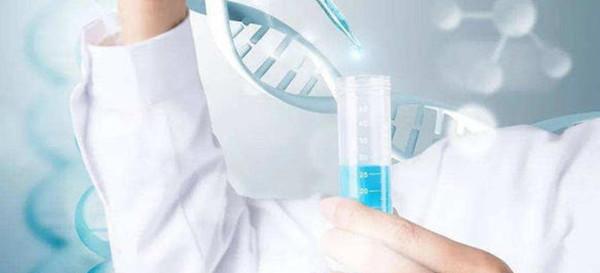IVF technology has experienced more than 40 years of development, for countless families to bring the hope of having children, now the third generation of IVF technology not only helps many expectant parents to screen babies with better genes, but also can understand the baby's male and female and other genetic information in advance, bringing the gospel of new life to millions of families. What factors affect IVF success rates? Let's follow Hengjian overseas to learn about it together.

1. Age
Affected by the woman's age, the success rate of IVF in women aged 25 to 35 is higher than the average of 30% to 40%, and some can reach 50%, or higher, but after the age of 35, the success rate gradually declines, and only reaches about 20% by the age of 40.
The reason is that after age, the quality and quantity of eggs have declined, because the female ovarian function is directly affected by the female age, J and eggs are the main conditions for cultivating life, if the conditions of J and eggs are good, the combined embryo quality is good, it is easy to implant, and the success rate is high.
2. Uterine conditions
The uterine environment is where the embryo grows and develops, especially the endometrium directly affects the implantation of the embryo. If the endometrium is thick enough, the blood flow is rich and the cell division is good, it will increase the implantation rate of the embryo, on the contrary, the endometrium is too thin, the embryo is not easy to implant, uterine malformations, severe endometriosis, severe hypothermia, abnormal egg and hydrosalpinx and other reasons of infertility, etc., the failure rate in IVF treatment is higher.
3. Doctor technology
The most critical point is the doctor's technology, the doctor's technology is the most critical factor in deciding the success rate of IVF, and the success rate of the doctor's good technology to do IVF will also be greatly improved.
4. Emotions
The patient's mood also has an impact on the success rate of IVF. The success rate of IVF in generally optimistic patients will be higher than that of pessimistic patients, and excessive psychological tension can easily cause endocrine disorders, resulting in difficulty for embryos to implant.